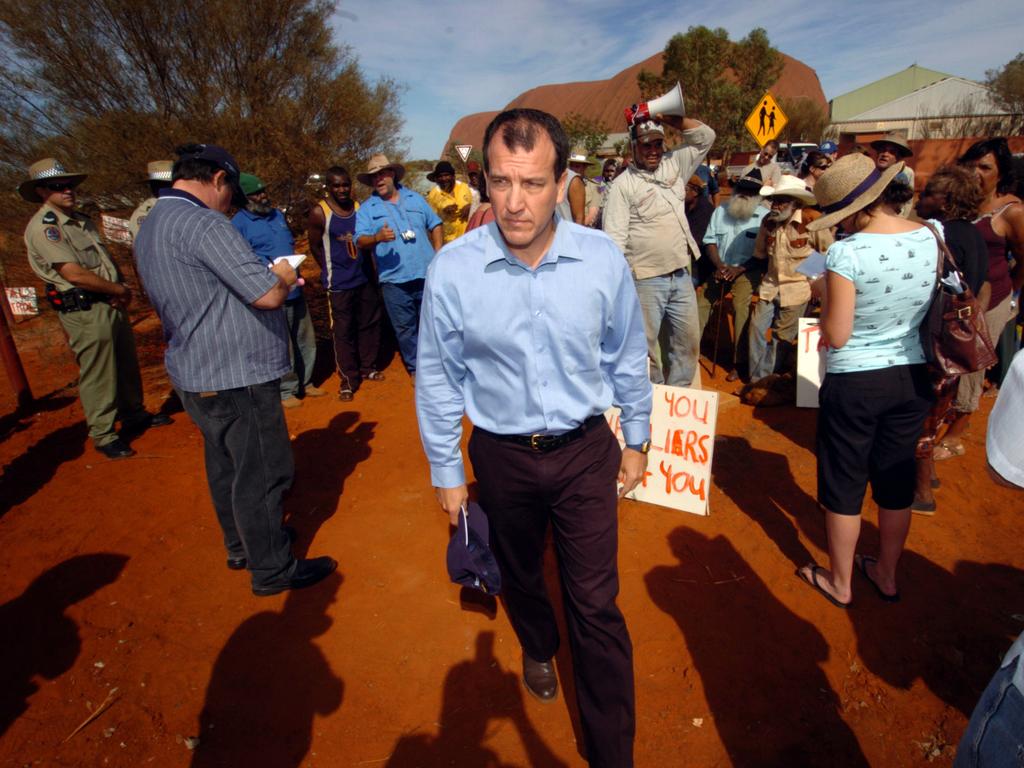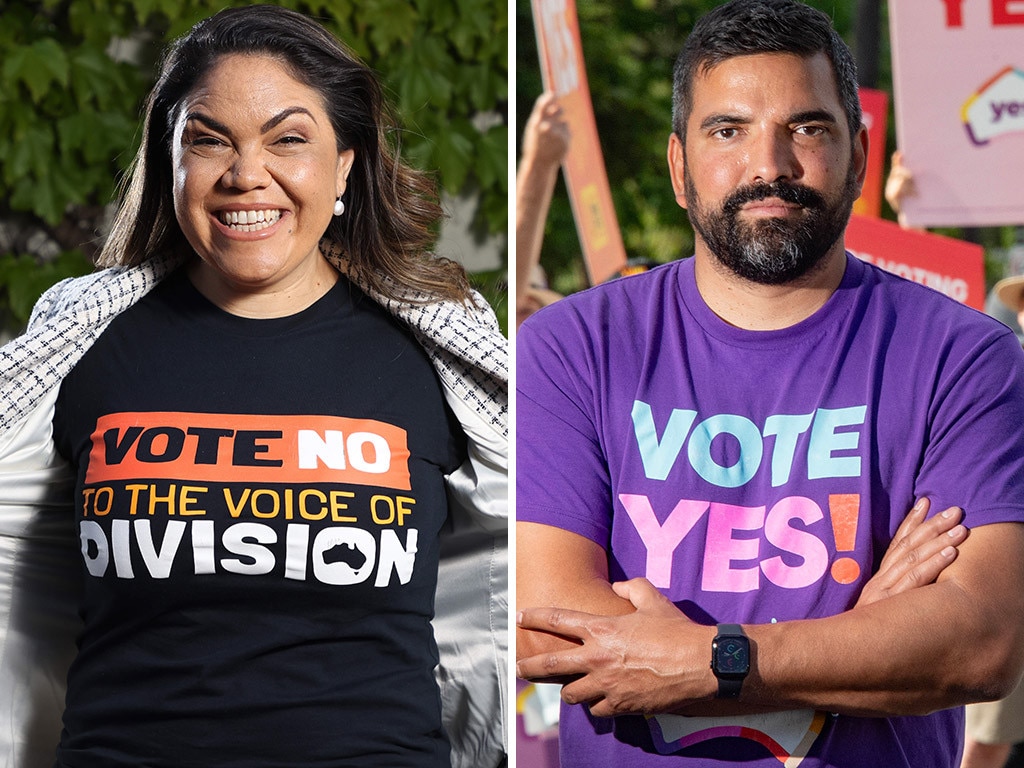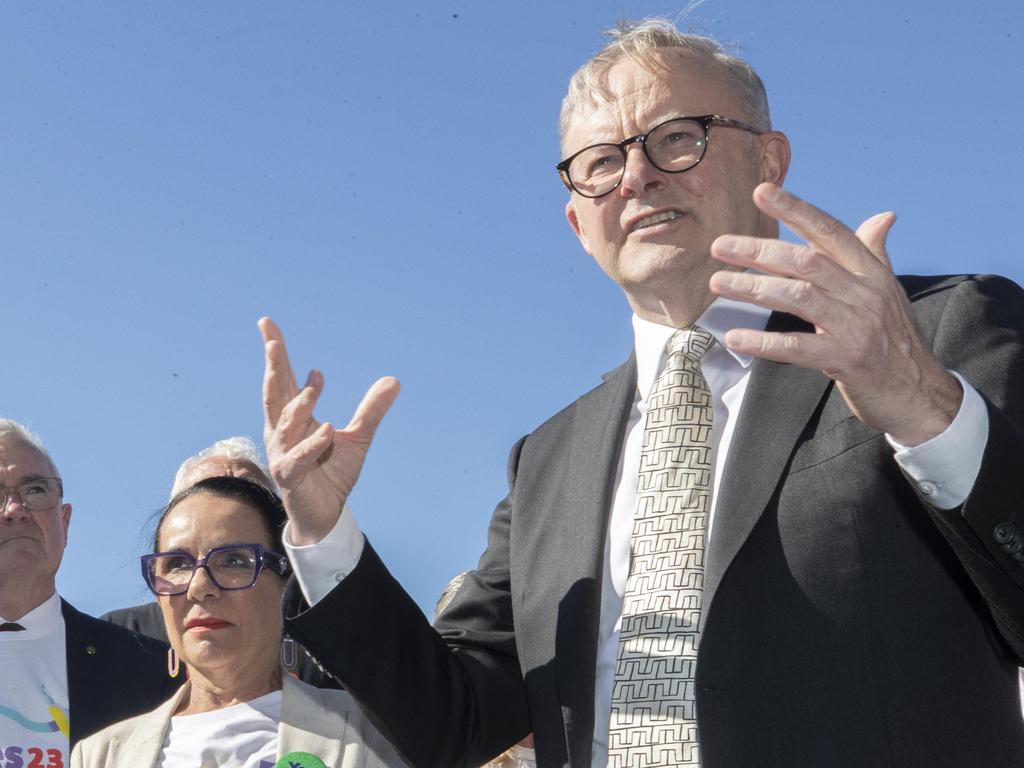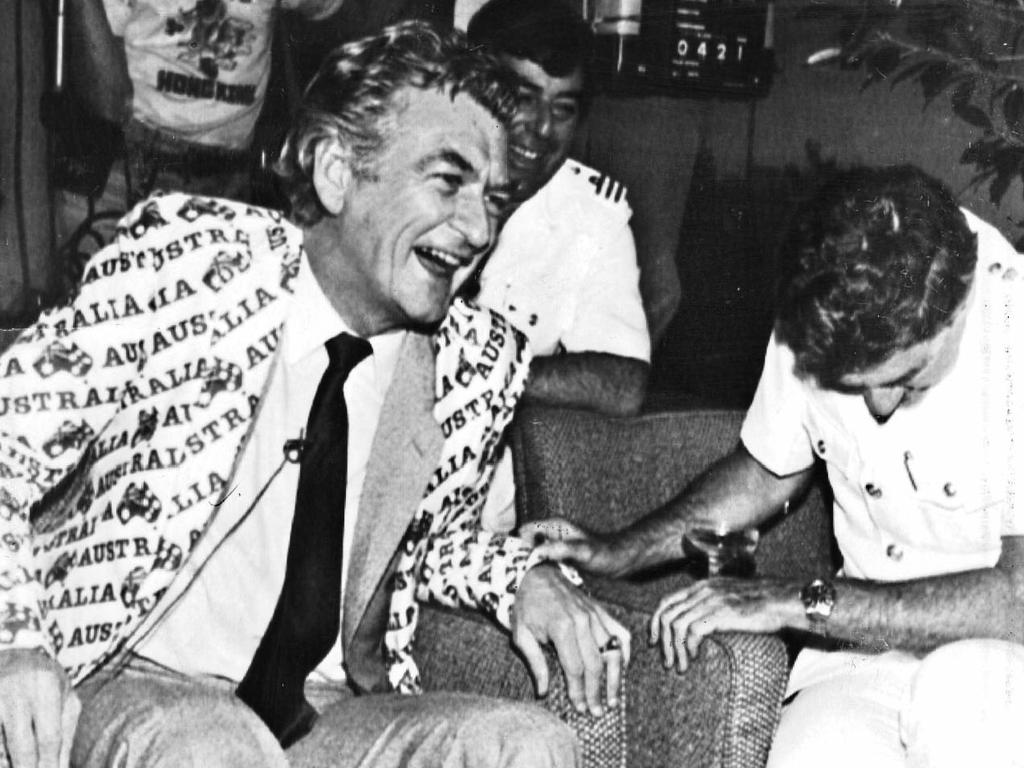‘Gap will remain regardless of Indigenous voice to parliament outcome’, says top NT legal officer
A top legal officer within the NT government says the voice referendum will not be a fix-all for Indigenous people, and lays out a ‘new way forward’.
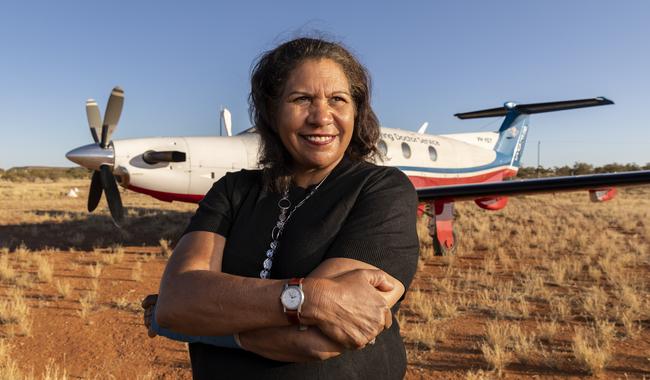
A top legal officer within the Northern Territory government says the voice referendum will not be a fix-all for Indigenous people, and lays out a “new way forward” based on the Aboriginal-controlled services of a remote community in the heart of Arnhem Land.
Leanne Liddle, director of the Aboriginal Justice Unit within the NT Department of the Attorney-General and Justice, has spent the past few years visiting diverse communities throughout the Territory and speaking with them about various challenges.
The Central Arrernte woman said she must answer “I don’t know” when repeatedly asked whether she thinks the voice will make a transformative difference in the lives of Indigenous people.
While the voice debate has been “unedifying, often toxic and misinformed”, it is also the first time many Australians are having a serious national conversation about the rights of our nation’s first inhabitants, she told students and staff at Flinders University last month. “And that is both good and necessary. Regardless of the referendum result, the gap will remain and widen even more unless we all do more.”
Ms Liddle did not explicitly take a position on the voice during her 2023 Chalmers Oration at the College of Medicine and Public Health alongside Health Minister Mark Butler, but asked that Australians “listen to our voices” because Indigenous people “cannot afford to die waiting”. “The views I present today are my own,” she said to open her address.
She said there was “great hope” for the community of Maningrida, 500km east of Darwin, which took control of its health service from the government in 2021 after decades of lobbying.
The Mala’la Health Service Aboriginal Corporation oversees all its primary healthcare and has “improved services for the community”, Ms Liddle said, by expanding programs such as dentistry, nutrition, women’s health, diabetes and mental health, as well as through preventive programs to tackle illnesses such as rheumatic heart disease. The community also has a youth diversion program and will soon receive a community court.
“This, my friends, is what it looks like to empower a community to take the steps it needs to improve outcomes and enrich lives,” she said. “When Aboriginal people feel they have been heard. When their specific needs are being met, and when they are respected and supported rather than judged and looked down upon, they can thrive.
“There can be a new way of doing business, with new partnerships where Aboriginal people can lead. Community leaders can hold outsiders accountable for the lack of service delivery, poor performance and professionalism where outcomes are not met.”
Ms Liddle rejected comments from Mr Butler that the issues in Indigenous communities were “complex and challenging”.
“They’re not complex, what we’re asking for is a standard of care and a quality of care that meets our needs as Aboriginal people. In many ways government has to let go of the reins and allow Aboriginal people to lead and trust that we know what we’re doing in this space … and I think that’s when we’ll see a difference in Aboriginal people’s health and wellbeing.”


